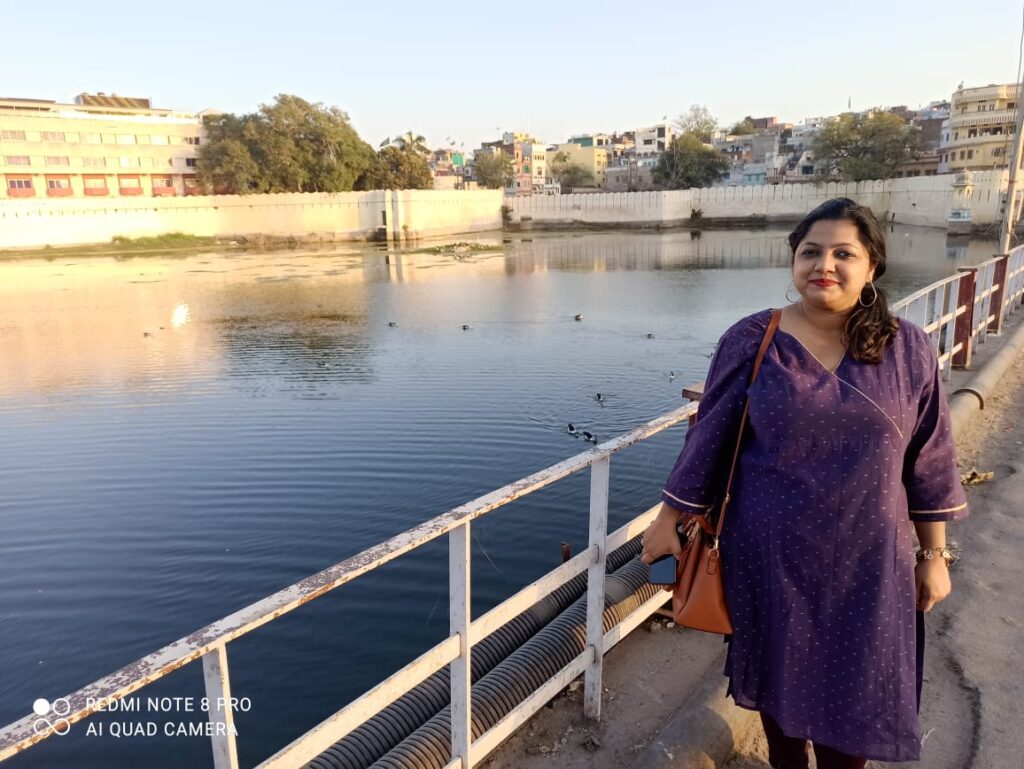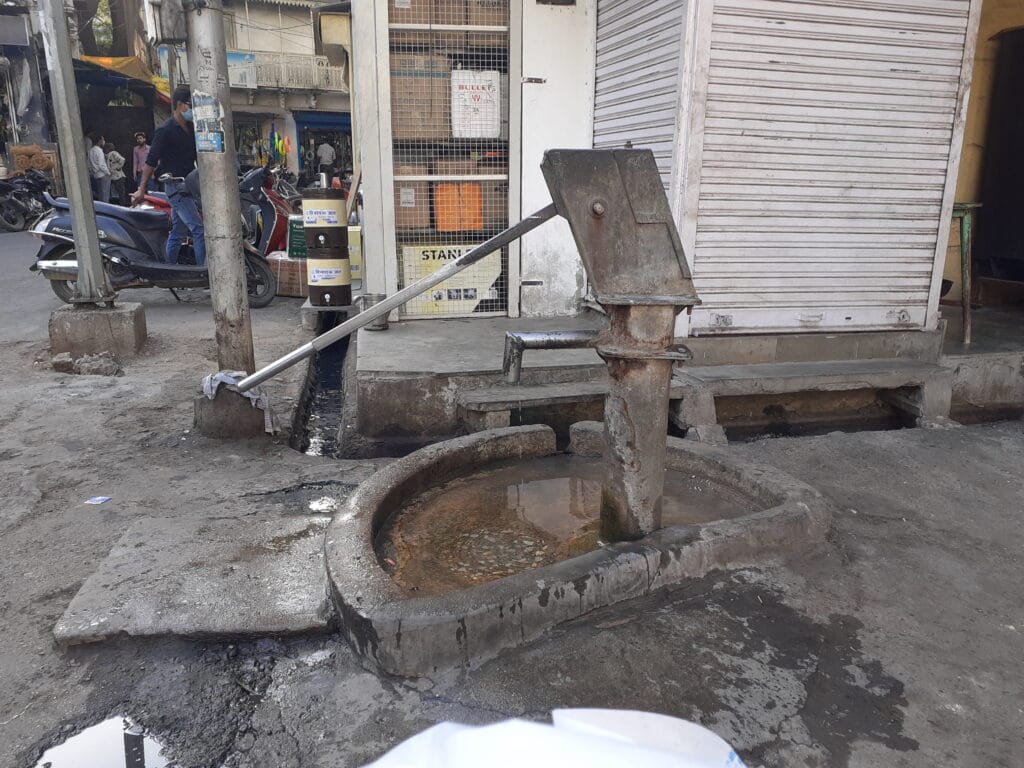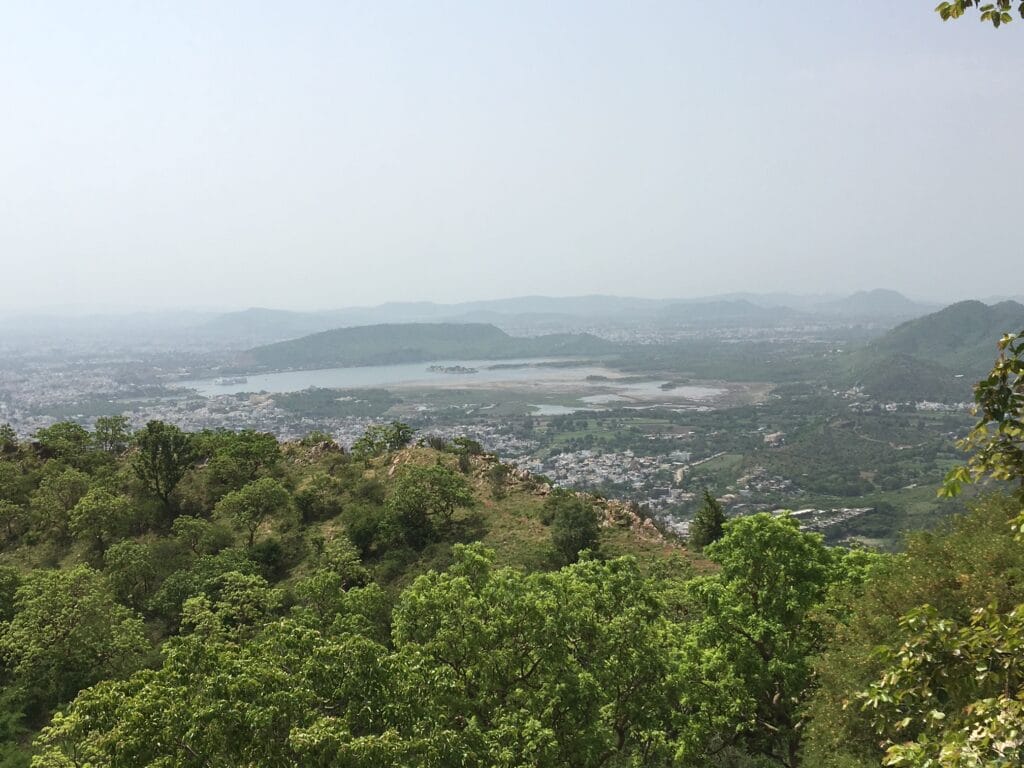Integrated research can help prevent India’s “City of Lakes” from running dry
04-06-21

There is an urgent need for the scientific management of surface and groundwater in the Ayad river basin, says Dr. Sonal Bindal, senior researcher behind the Danida supported research project Integrated Water Resources Assessment of Udaipur District.
Udaipur in northern India is known as the ‘City of Lakes’ but the thousands of people living in the area are threatened by a lack of clean water in the future. A Danida supported research project aims to provide the basis for securing the availability of quality water in Udaipur for the coming decades.
Water is life, but in India, a constant and clean water supply for the more than one billion citizens cannot be taken for granted. Especially in rapidly urbanizing areas, the supply of clean water is under increasing pressure.
A water management system is key
A number of factors contribute to the problem: from industrialization and new, intensified agricultural methods, to pollution, population growth and climate change. Urban areas in particular are under threat, and in Udaipur, where the seasonal Ayad River flows through the city, a team of Danida supported Indian and Danish researchers are now looking into the city’s water management system to improve the basis for securing clean water for the thousands of people living in the area.
We will evaluate the water management in Udaipur using modern technological and creative solutions established through civil partnerships, says Dr Sonal Bindal, the senior researcher behind the Danida supported research project Integrated Water Resources Assessment of Udaipur District.
She explains that there is an urgent need for the scientific management of surface and groundwater in the Ayad river basin. In order to ensure a sustainable water supply and prosperity, the researchers will develop a hydrological model and a decision support system for both surface and groundwater supplies in the area. The system will account for factors such as water inflow, availability and runoff efficiency.

Local people as citizen scientists
To ensure that the system remains sustainable in a long-term perspective, the researchers are working with the local people who serve as citizen scientists. They hereby contribute to the collection of relevant data and information on water issues.
Citizen science is a documented and efficient methodology to involve stakeholders in the management, says Dr Sonal Bindal, who emphasizes that there are several other advantages to involving non-professional scientists. One of them is accessibility to areas that otherwise are hard to get to. Another is the continuous frequency of measurements.
The hydrological model to be developed will include surface and subsurface flow processes and will be driven climatic factors such as rainfall, temperature, rainfall, and humidity. The model will be based on data and information of land surface and geological characteristics and will be validated against surface and subsurface measurements. The model will also use data from satellites. It will be used for evaluating past, current, and future water conditions in the region.
The research project Integrated Water Resources Assessment of Udaipur District is a collaboration between Danish and Indian research institutions and universities. Udaipur Municipal Corporation and the Municipality of Aarhus as well as Aarhus Water in Denmark are also involved. The assessment carried out by the research project will provide the collaborating academic agencies, local government and government departments with essential know-how for improving the water management to ensure the future water quality and supply in Udaipur.

Dr Sonal Bindal is a Senior Researcher- Hydrology (Post-Doc) at the India-Denmark Development Research Corporation She holds a PhD degree in Water Resources Management from TERI University, India. She is supporting the multi-institutional team of internationally recognized scientists and the Royal Embassy of Denmark, New Delhi in accelerating ‘water’ sector specific cooperation between Denmark and India.
The article “New research can help prevent India’s “City of Lakes” from running dry” is re-worked from a press release that Dr Sonal Bindal drafted during the communication training seminar Bridging the Gap. Science for the public, April 2021. The seminar was for Danida supported researchers in Asia.
The partners behind Integrated Water Resources Assessment of Udaipur District are the University of Copenhagen, Geological Survey of Denmark and Greenland (GEUS), Denmark; Water Air Food Awards (WAFA), Denmark; Vidya Bhawan Society (VBS), India; DHI India; Development Alternatives (DA), India. The research project is funded by Danida.
Go back to our stories